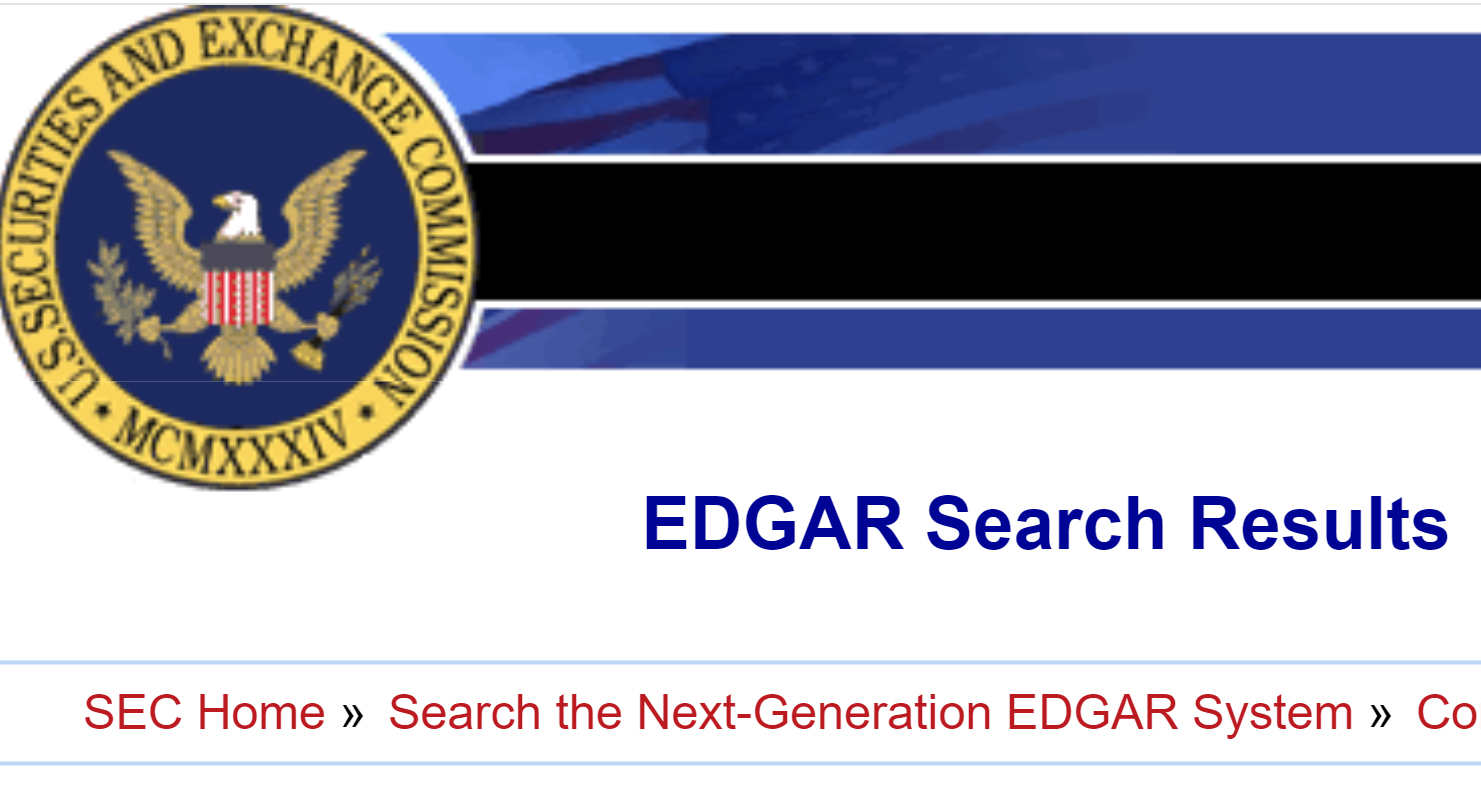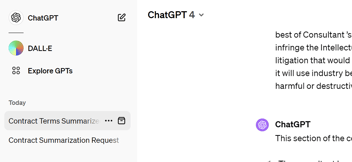
Is EDGAR a good place to find contracts to copy-and-paste from? No, unless you have nowhere else to go.
"EDGAR" is the acronym for Electronic Data Gathering, Analysis, and Retrieval, the electronic filing system created by the Securities and Exchange Commission and used by publicly traded companies to submit filings to the SEC. You can search EDGAR by going to sec.gov, but different services repackage EDGAR in various ways.
I’m willing to assume that on EDGAR there are contracts that are pretty good options to copy from. But the harsh reality is that it’s also safe to assume that no contracts on EDGAR are optimally clear and concise, and that most are of poor quality—mainstream contract drafting is systemically dysfunctional in ways I’ve devoted my career to chronicling. For examples of the dysfunction, see this blog post for links to some of my critiques of drafting by organizations with enough resources to do better.
It’s also safe to assume that whatever kind of contract you’re looking for, most that you'll find on EDGAR contain terms that, to a greater or lesser extent, aren’t optimal for your purposes because they were prepared for transactions involving different circumstances, even if you find company templates rather than contracts for negotiated transactions.
So finding on EDGAR a contract that’s clear, concise, and relevant for your purposes will be a chore. Unless you’re looking for something basic, or unless you’re not picky, you’ll find countless examples of whatever kind of contract you’re looking for, but all are likely to fall short, to varying degrees. Choosing among them would require assessing what they say and how they say it, and then comparing them. That’s no small task.
What further complicates the task is that if you’re looking on EDGAR for a given kind of contract, that likely means you’re not experienced in that kind of transaction, so you probably won’t know what to look for. And if you’re a newer lawyer, you’re unlikely to know much about anything. Looking on EDGAR favors the uninformed—the less informed you are, the more likely you are to think you’ve stumbled on a gold mine.
I can think of two ways EDGAR might be a decent resource. First, EDGAR can be useful as a way of seeing what topics are addressed in a given kind of contract. But if that’s what you’re looking for, you might be attempting to build your own contract from the ground up. I’ve found that few have the stomach for that, and newer lawyers are unlikely to have the chops for it either.
Another use of EDGAR is for when you’re looking for a specific kind of provision, to fill a hole in a contract you’re drafting. That too differs from wholesale copying of contracts.
Over the years I’ve poked fun at the idea of looking for quality on EDGAR—see this 2015 blog post about that. But it’s more dismaying than funny. Because mainstream contract drafting is based on copy-and-pasting, on faith, from precedent contracts of questionable quality and relevance, many of us, or most of us, can at some time be found scavenging on EDGAR. In a sector of the legal profession that is, relatively speaking, not short on resources, we ought to be able to do better.
Fixing this would be straightforward, if enough of us cared. All it would require is a library of annotated and highly customizable contract templates. That’s what Adams Contracts has started work on.


